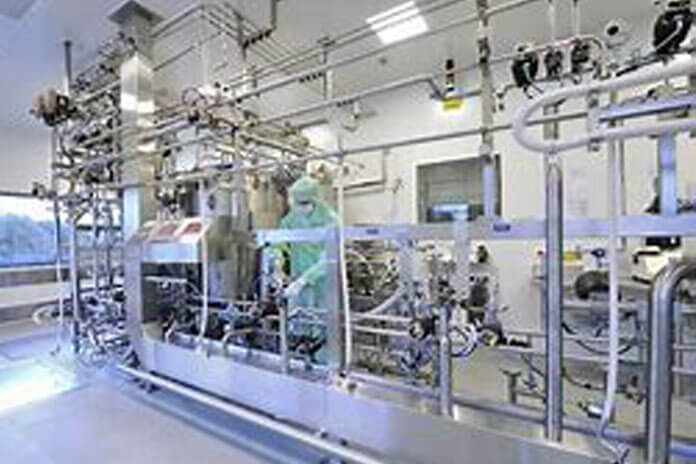WASHINGTON D.C., USA, Wed. Apr. 7, 2021– It has been difficult for Latin American countries to access a sufficient supply of COVID-19 vaccines. Coupled with the inequitable distribution of vaccines which has limited these countries’ vaccine supply, the rise in the number of cases in the region has driven the need for greater access to vaccines. In response to this urgent need, Latin American countries are making an effort to start production of vaccines in the region.
Argentina and Mexico are expecting to produce the AstraZeneca vaccine locally. An agreement signed between AstraZeneca, mAbxience and these two governments, has allowed for the transfer of technology that will lead to the initial production of 150 million doses of the British jab. This will bolster the regional response to COVID-19, and these countries will serve as primary outlets for regional access to the vaccines, with the exception of Brazil.
Through a similar deal with AstraZeneca, Brazil will also locally produce its vaccines. Brazil stands as the country with the third-highest number of cases of COVID-19 globally. The country has agreed to pay $287 million to purchase vaccines and raw materials for vaccine production, which together will ensure their access to approximately 100 million vaccines. The country will soon begin production via technology transfer.
Another approach is being taken by Cuba, which has spearheaded the drive for developing countries to independently produce its own vaccines. A report from CNN says, “Cuba may be on the verge of a coronavirus vaccine breakthrough. While other developing countries compete with richer nations for a limited supply of doses, Cuba has gambled everything on producing their own vaccines, as much an exercise in national pride as a response to a public health crisis.”
Cuba currently has two of its four vaccine contenders in their final trials. Trials of their vaccines, Soberana-02 (meaning “sovereignty” in English), and Abdala (name of the famous poem by Cuban revolutionist Jose Marti), started last month.
Although these efforts will play a major role in providing the Americas with equitable access to vaccines, Dr. Carissa Etienne, Director of the Pan-American Health Organization (PAHO), explained that the mechanisms that allow equal distribution are complicated. “The region will have to mobilize our production facilities and modernize the vaccine platforms,” said the PAHO Director.
“We are working with partners in the Inter-American system to advance on these funds. Attaining vaccine equity and distributing as many vaccines as possible to as many people as possible is our current goal. We need to find ways to share vaccines more equitably, whether it’s through donations of surplus doses; whether it’s through ramping up production or increased procurement; or other avenues. What I do know is that the current progress is far from reaching the coverage that is necessary to protect the most vulnerable groups,” the PAHO Director said.

